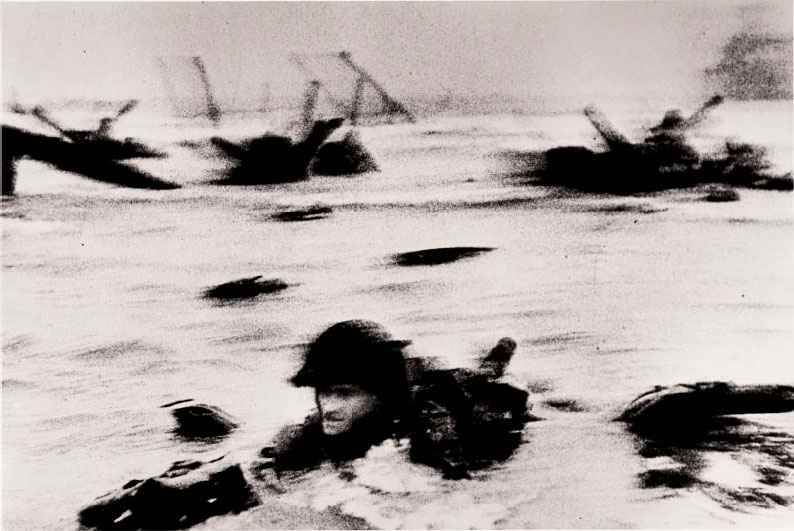
Sunnybrook Nursing Home sits upon a small hill overlooking a quaint river valley in a rural part of the state. The backside of the main red brick building, which was built in the mid 1980’s, sports a giant picture window that looks out over rolling hills. Looking out, you could see nature. Looking in, you could see one shriveled old man in a wheelchair.
His name was Arthur Cummings.
Wrinkled, bald and scarred, Arthur Cummings looked every second of his 97 years. One of the last of the Greatest Generation, Arthur had stormed Omaha Beach during the first disastrous wave on D-Day. He was one of the few survivors from his Higgins Boat and still carried small pieces of shrapnel in his arms and legs. Those pieces of metal, and the nightmares caused by them, were his remaining souvenirs of his heroic actions on that blood-soaked beach.
Arthur Cummings earned a Purple Heart and a Silver Star and a promotion to sergeant and was, by every definition of the word, a genuine hero. But he ‘d have traded being a hero for peace of mind. Peace was something that didn’t come with the end of the war. For the rest of his life, the night brought him nightmares, filled with whizzing bullets and screaming Germans.
No one at the Sunnybrook Nursing Home knew that they had a hero in their midst. They just knew Arthur as the really old guy who sat in the chair by the window. Arthur liked to watch the clouds peacefully float by — something he had promised himself he’d do for the rest of his life that first night in Normandy.
A staff member brought Arthur his pills. As he handed him the small cup, he noticed his small Army pin on his collar.
“Were you in the Army?”
Arthur, just glad that someone spoke to him, lit up immediately.
“Yes.”
“Where did you serve?”
“Europe. I was part of D-Day and the Battle of the Bulge.”
“Wow! World War II? That’s amazing.”
Arthur had not even told his own children about his time in the Army. They had just suffered from the trauma he brought home with him from the war. They had both died recently — his daughter and his son had had cancer. His grandchildren didn’t come to see him. So he sat alone looking out the window.
“Tell me about D-Day,” the young man asked.
“Did you see Saving Private Ryan?”
“Yes. Was that what it was like?”
“I have no idea. I couldn’t relive that day by watching a movie. But I will tell you this much — Life is like storming a beach that you know you won’t make it off alive. The further you get up the beach, the more people fall around you. The longer you last, the more death you will see. Here’s the thing, though. You quickly realize that every second it precious. While you might have wasted time before you came ashore, once you are under fire, you are in the moment. Yes, you are scared. But you are also alive — until you aren’t. It changed my whole perspective on life. Every step up the beach is a gift. Don’t forget that son. Don’t forget that.”
“Yes, sir.” The staff member took the paper cup from Arthur.
Arthur swallowed his pills and watched the kid walk away. Then he rolled his chair back to the window and watched as the clouds floated gently past.
